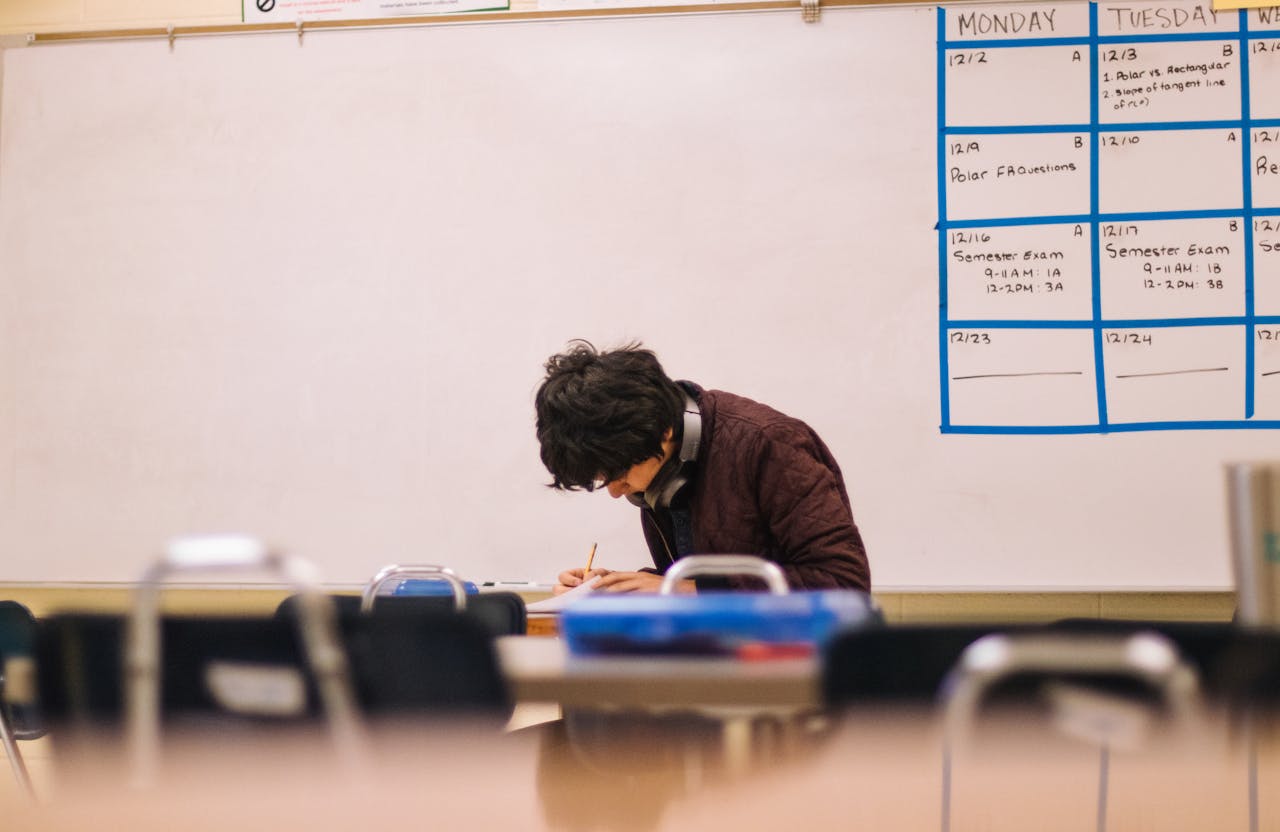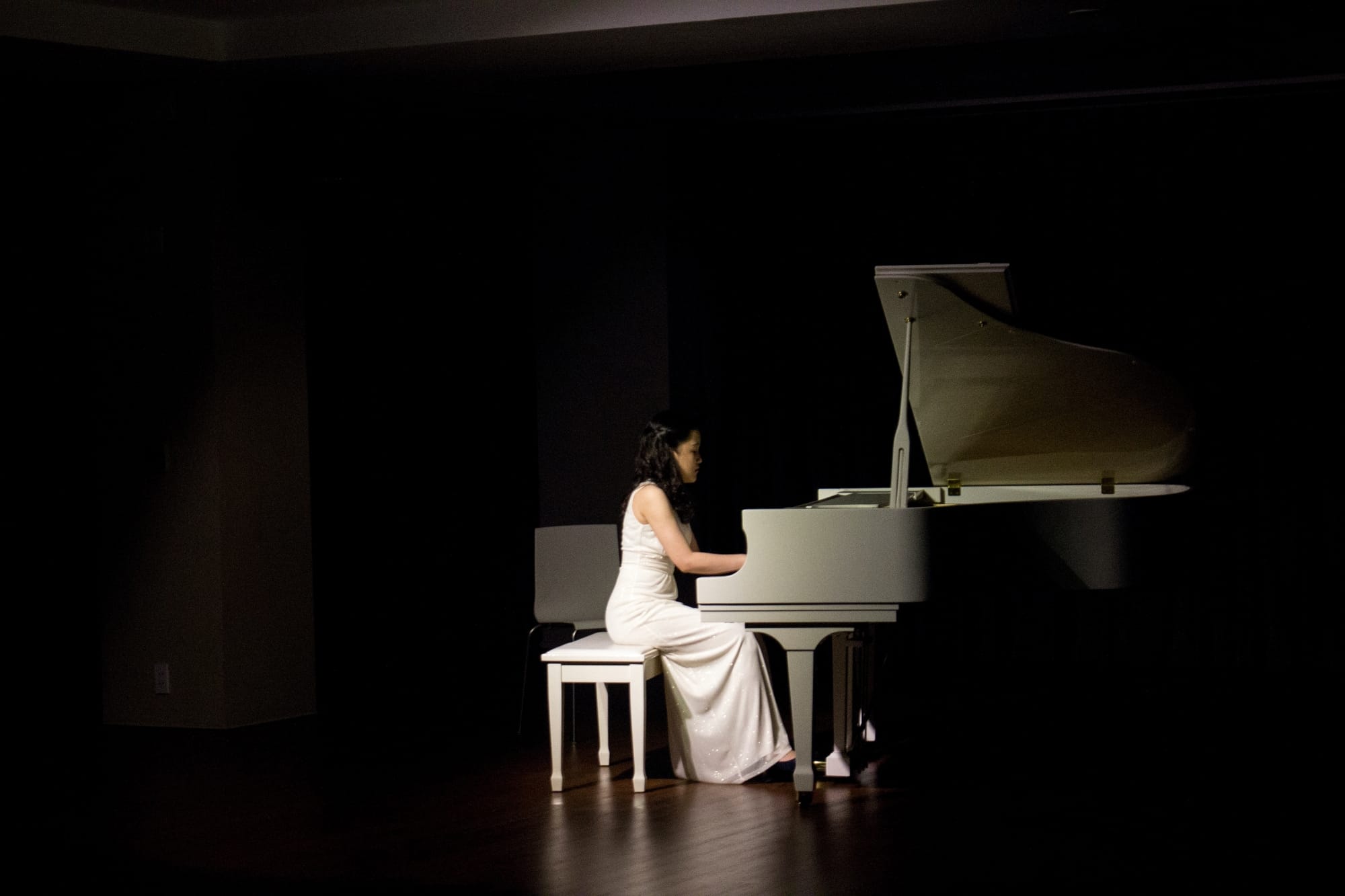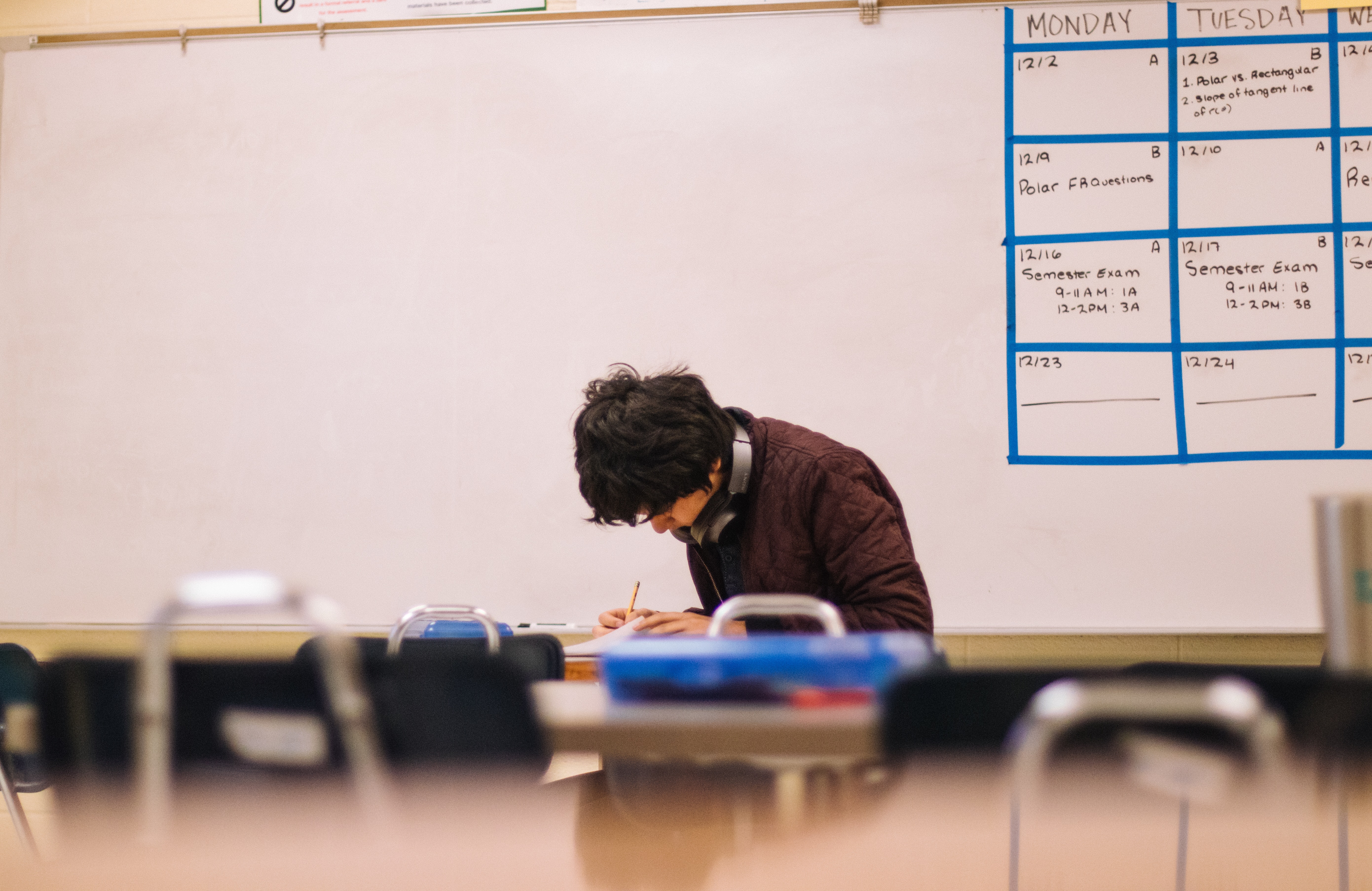
RCM Tests in Texas: Locations, Dates and Material
The Royal Conservatory of Music (RCM) offers one of the most respected structured music evaluation systems in North America. Its exams give students clear goals and milestones, helping them build technique, musicality, and performance experience. In Texas, more students are signing up for RCM assessments each year, and Cixi Music Studio supports families through every part of that process.
Whether you are taking piano lessons in Katy, studying violin in Pearland, or voice lessons in Houston, we are here to help. We can help with reading, performance, theory, and more.
Where Are RCM Exams Offered in Texas?
RCM examinations are available in several locations across Texas, with in-person testing centers in cities like Houston, Austin, Dallas, San Antonio, Katy, Plano, and The Woodlands. For students at Cixi Music Studio, the most convenient exam center is in Katy, which serves students from Houston, Pearland, Richmond, and surrounding areas.
Testing windows vary depending on whether students are taking in-person performance exams or submitting video recordings. As of the current academic year, in-person testing centers in Texas typically offer exams twice annually—once in late spring (May–June) and again in winter (December–January). Students who prefer online performance assessments can submit videos during several open windows throughout the year.
Theory exams are usually scheduled in tandem with performance sessions. However, RCM offers flexible scheduling for online written exams, which students can take from home after registering for a testing window.
The best way to stay current is to check the RCM Exam Center Locations and Dates page and plan at least two to three months ahead, especially for performance evaluations. Registration deadlines typically fall about eight weeks before the exam date.
What Exams Does RCM Offer?
The RCM Certificate Program includes both performance and academic tracks. The performance program covers instrumental and vocal study, including piano, voice, violin, guitar, and other disciplines. It runs from Preparatory A and B levels all the way through Level 10 and the ARCT diploma.
The academic track includes music theory, harmony, history, and analysis. While theory exams are optional for the earliest levels, students working toward higher certificates—especially Level 5 and beyond—will need to complete written components to receive their certificates and move forward.
At the core of each level is a performance exam that includes:
- Repertoire from the RCM syllabus
- Technical requirements (scales, arpeggios, chords)
- Etudes
- Sight reading
- Ear training (aural tests)
For some instruments, improvisation or playback may also be included.
Voice exams incorporate additional elements like poetry recitation, posture, diction, and song interpretation across languages. String students will encounter bowing technique tests and orchestral excerpts as they move into advanced levels. Each instrument’s pathway is tailored to develop both technique and artistry.
Theory exams begin at the elementary level and progress through subjects like Level 5 Theory, Level 9 Harmony, and ARCT History, depending on a student’s goals.
What Materials Should Students Prepare?
RCM provides detailed syllabi for each discipline, including lists of approved repertoire, scale and technical guides, and criteria for ear tests and sight reading. These documents are regularly updated and are available for download from the RCM website or through music retailers that carry RCM-approved books.
Each level generally requires:
- A specific number of repertoire pieces from different style periods
- At least one etude
- A collection of technical exercises (with tempo and articulation instructions)
- Practice with sight reading and ear tests
Materials for piano, violin, voice, and guitar can be found in RCM’s official “Celebration Series,” “Violin Series,” and “Four Star” sight reading books. For theory, the “Celebrate Theory” series gives students structured lessons and exercises matched to each exam level.
For performance exams, RCM is strict about editions and bar numbers. Students must bring their books to the exam with measures numbered and copies prepared if using pieces outside the approved syllabi. Teachers often help organize this in advance to make the experience smooth.
In addition to physical books, digital apps now offer ear training tools and practice tests. Many students use these to drill intervals, playback, rhythm, and chords between lessons.
How Cixi Music Studio Supports RCM Students
At Cixi Music Studio, we prepare students for RCM exams with one-on-one instruction, focused practice plans, and test simulations. Our teachers are familiar with RCM guidelines and break down each requirement by level so students know exactly what to expect.
Students enrolled in piano, violin, guitar, and voice lessons can choose to pursue RCM testing as part of their progress. We often recommend it once a student has shown consistency in practice and interest in more structured musical goals.
For example, a piano student working at the equivalent of RCM Level 2 will begin to explore repertoire from the Celebration Series while also practicing scales and triads required for that level. We introduce sight reading early and include ear training activities in lessons, not as a separate task but as part of a full musicianship curriculum.
As the test date approaches, we schedule mock exams to help students build comfort and timing. These run just like the real thing, from warm-up routines to performance pacing, and help students feel confident when they enter the exam room in Katy or log in for an online assessment.
We also guide families through the registration process and help them interpret exam results. When scores come in, we meet with each student to go over their performance, reflect on strengths, and set new goals.
RCM is about growing as a musician through clear benchmarks. We treat the exam as one part of a much bigger learning experience, one that encourages musical excellence while building life-long skills like focus, resilience, and time management.





